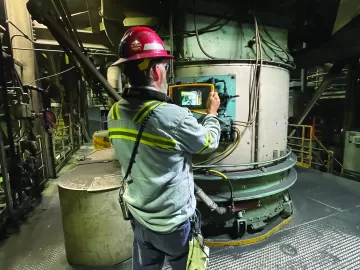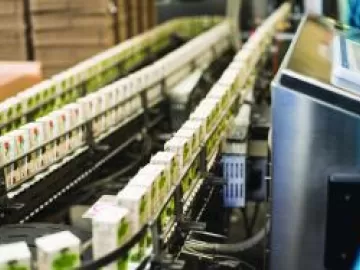A Strategic Approach to Efficient and Reliable Compressed Air Systems
As a corporate engineer responsible for supporting operations, I write this article from the perspective of the plant/maintenance engineer who is responsible for the on-line operation of the compressed air system. This article can also help suppliers of compressed air systems gain some understanding of how their customers prioritize plant operations.





